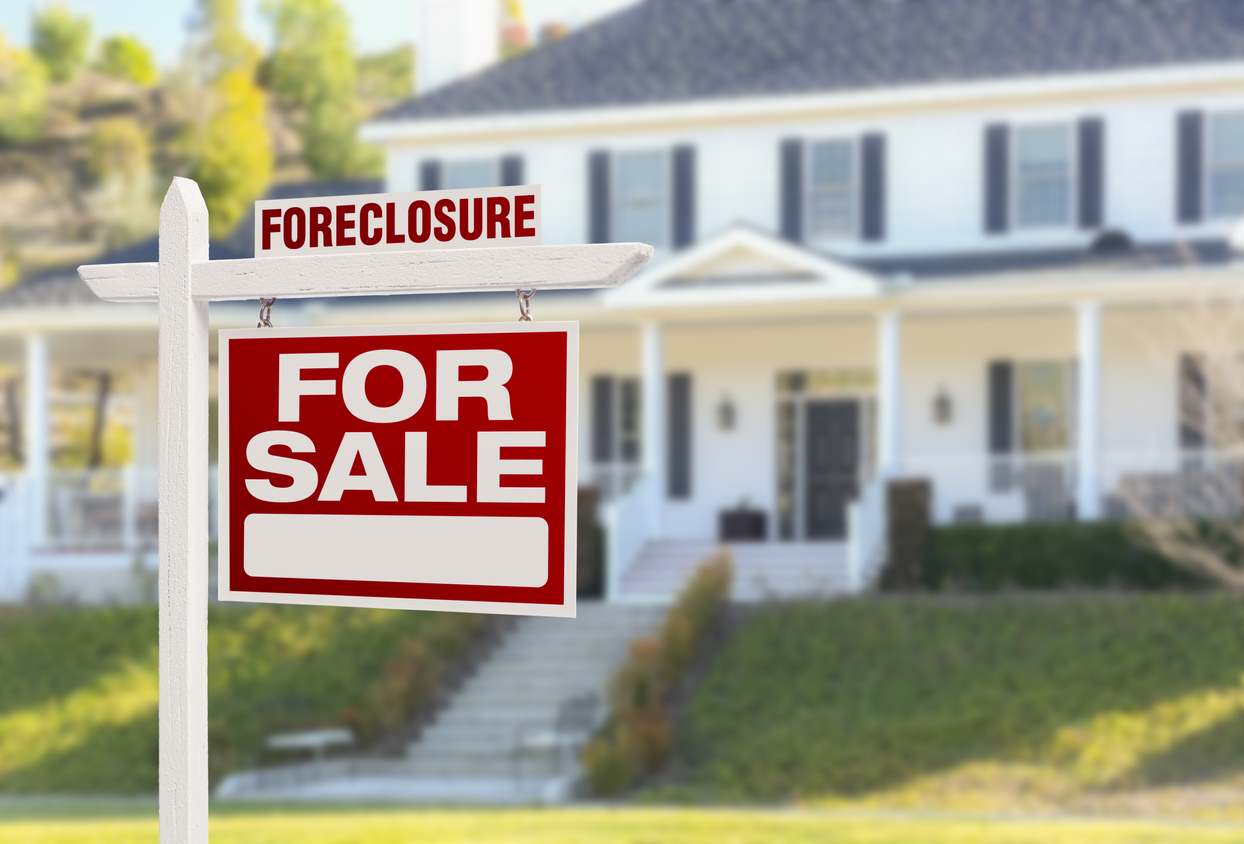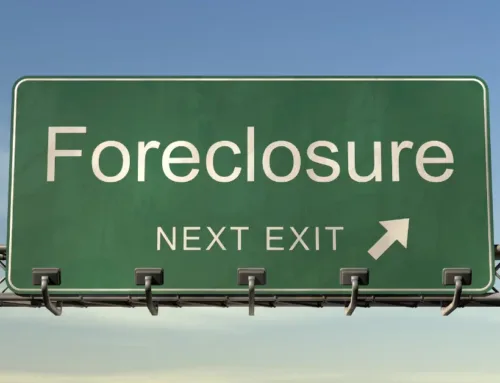There is an unfortunate stigma about foreclosure, but the truth is that foreclosure often occurs not due to poor financial management, but because of life circumstances homeowners have no control over. No matter the reason why you’re facing foreclosure, there are some steps you can take to help you stay in your home. Here’s what you should know.
Loan Modification
One of the best strategies for preventing foreclosure is to apply for a loan modification. There are two reasons for this. The first is the most obvious: if you can modify your loan, you may be able to afford your mortgage payments again, allowing you to stay in your home. If you can succeed in modifying your loan and the new terms are realistic for your circumstances, this is often the best case scenario when grappling with a foreclosure.
Applying to modify your loan also buys you some time. Per federal law, if you apply to modify your loan more than 37 days before the foreclosure sale is scheduled, the servicer cannot move forward with the foreclosure process until you have been informed by the servicer that you are not eligible for loss mitigation options, or if you fail to comply with the terms of loss mitigation, including rejecting the offer. There are loans to stop foreclosure too, but often once the process has begun, you’re in no financial shape to take on more debt and the lenders offering such loans do so with unfavorable terms.
An attorney can assist you with the loan modification process, helping you negotiate with the servicer for a more favorable outcome. Because many emotions are involved, it can feel good to have someone on your side fighting for you.
Bankruptcy
By filing for bankruptcy, you will automatically stop the foreclosure process immediately. This is because you’ll get what’s called an automatic stay, which is essentially an injunction that prohibits the bank from foreclosing on your home or attempting to collect the money you owe. While the servicer may be able to get the automatic stay lifted, this process takes at least a month, which gives you time to try to come to an agreement to help you stay in your home.
A Chapter 7 bankruptcy will delay the foreclosure process and you will be able to stay in your home without making payments while the process moves forward. Eventually, though, you will need to leave or work with the servicer to come up with a way to stay. A Chapter 13 bankruptcy restructures your debt, allowing you to stay in your home if you are able to repay the delinquent mortgage payments that you owe. A bankruptcy attorney can help you decide upon the best option for your circumstances.
Deed in Lieu of Foreclosure
A deed in lieu of foreclosure is exactly what it sounds like—you transfer the title of your house to your mortgage holder. This is an option that requires careful consideration, so it’s best made in consultation with an experienced foreclosure defense attorney. With a deed in lieu of foreclosure, you will be unable to purchase a new home right away; it will also negatively impact your credit score.
Lawsuit to Stop Foreclosure
There are also circumstances in which you may be successful in stopping the foreclosure by filing a lawsuit. If your loan servicer is foreclosing outside of the court system, by filing a lawsuit in court, you can halt the proceedings until your case is heard by a judge.
To win a lawsuit against a bank, you have to prove that the foreclosure was unlawful. This can be done by making the case that the bank cannot prove it owns the promissory note, didn’t comply with mediation requirements, violated the Homeowner Bill of Rights, or didn’t follow the proper steps in foreclosing on your home.
Talk to Foreclosure Defense Attorney
If you are facing a foreclosure, it’s important to talk to a qualified attorney. Contact us today at 512-505-0053 to schedule a consultation.






